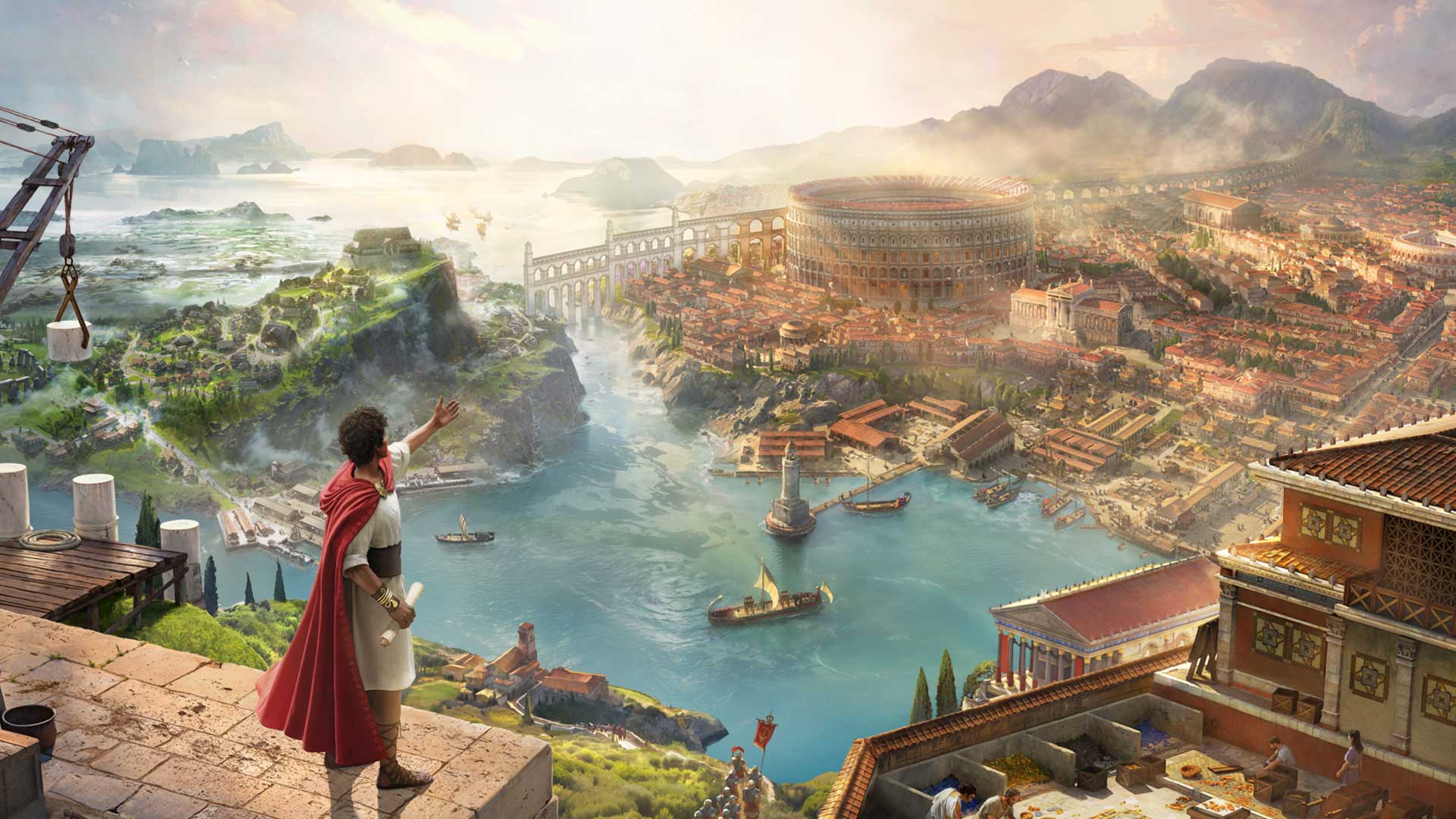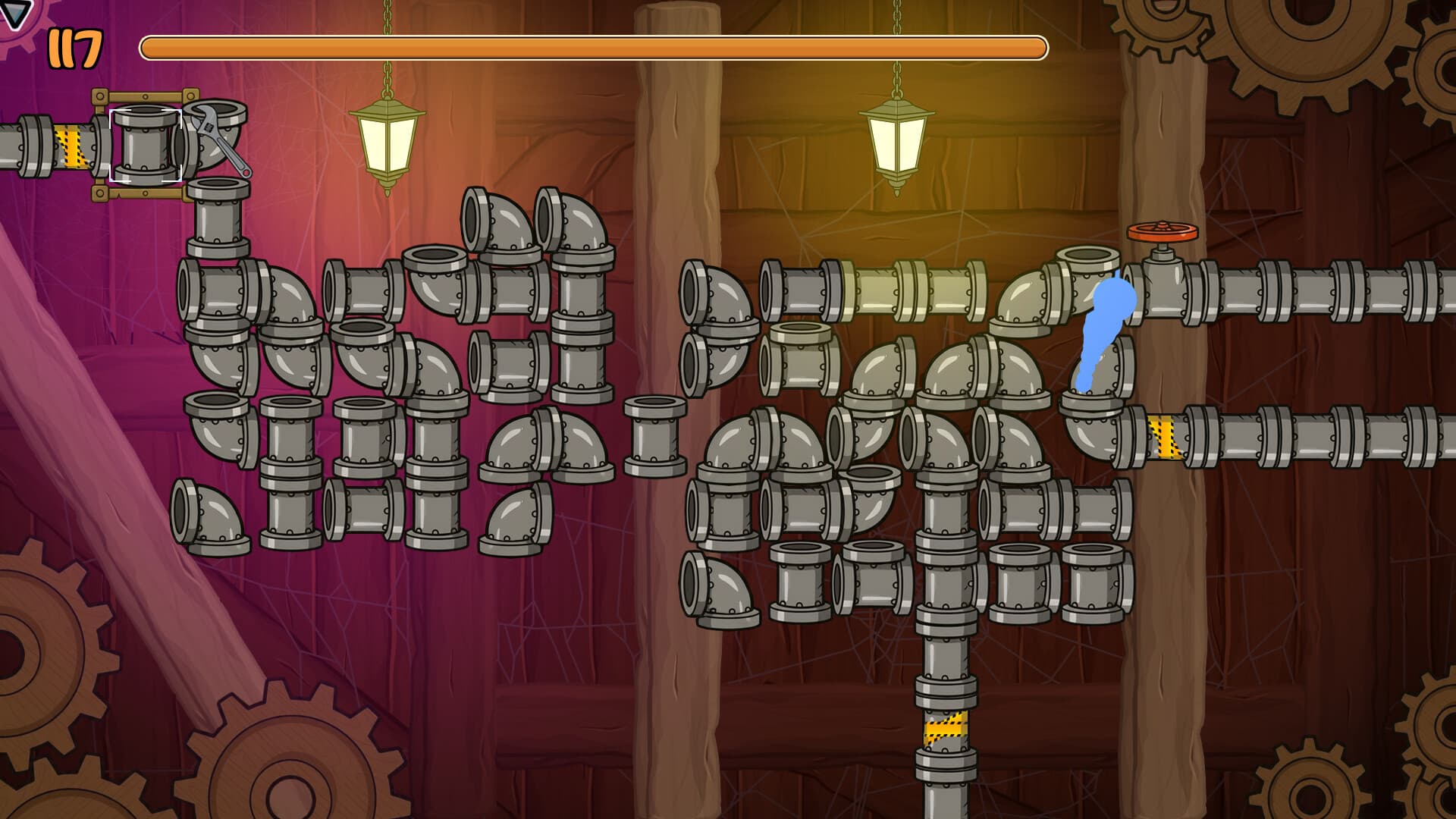Anno 117: Pax Romana is Ubisofts Boldest City Builder Yet

For the first time in the long-running Anno saga, Ubisoft takes us all the way back to Ancient Rome. It's the earliest historical setting yet, dropping the industrial or futuristic aesthetics and inviting us deep into the Pax Romana—the empire's famously peaceful, prosperous era. As a player, you step into the sandals of a Roman governor in 117 AD. You'll govern, build, trade, and even ponder whether to remain loyal—or rebel. Anno 117: Pax Romana was announced during GamesCom Opening Night Live and for fans of the Anno series, the hype has not stopped since!
Table of Contents
Latium or Albion: Two Ways to Shape an Empire
Here's where choices get real. You can choose Latium, the sun-drenched heartland of Rome. Think lavender-swaying fields, coastal tranquility, Roman villas. Or, step into Albion. Foggy, marshy, Celtic lands with rugged charm and cultural resistance. Each region isn't just cosmetic. In Albion, Roman tech like marsh drainage might let you conquer the land, but honoring Celtic traditions keeps it wild, affecting agriculture and how you expand. In Latium, vibrant luxury, Roman trade, and stability anchor your gameplay.
City-Building Reinvented
Anno 117 doesn't just dress up older systems, it rewrites them. Buildings can now be placed diagonally, giving cities organic, winding roads instead of rigid grids. Each production building has an influence zone—buffs and debuffs ripple out, forcing smart, nuanced placement. Add to that a dynamic tech and faith systems, citizen upgrade paths, and the option to expand via diplomacy or combat. And this isn't just fiddly micromanagement, it feels alive. NPCs roam with purpose. Dogs chase market-goers. Even city livestock has consequences: pig farms too close to homes bring disease, too far and productivity drops. Religion, research trees, modular ships, and emergent life, people ask for weddings, have social struggles, it all matters.
What Sets This Installment Apart
If you played Anno 1800, you'll know the drill, beautiful cities, trade chains, steam tech. Anno 117 boldly rewrites the template. Ancient Rome offers grandeur, not chimneys and factories. This time, culture isn't window dressing, it's a gameplay pillar. Romanization vs. Celtic traditions reshape visuals, goods (togas vs. wool trousers), civic needs, and production chains. The gameplay mechanics go deeper: diagonal placement, influence zones, modular ships, religion, layered diplomacy, a flexible path between governor and rebel roles. Everything feels more alive, more thoughtful. It's a fresh start that retains what made Anno great.
Why the September Demo Matters
Good news: you don't have to wait until November to get your hands on it. A free, limited-time demo kicks off September 2nd on PC via Steam, Epic Games Store, and Ubisoft Connect, running through mid-September. It's your chance to start building in Latium or Albion, explore the Romanization or Celtic-first aesthetic, and test the mechanics early. This is key. A demo gives players a preview of farming the marshes, deciding whether to Romanize Albion, tinkering with building placement, getting a feel for city life with NPCs buzzing around. It lowers the barrier for new fans, builds excitement, and helps you see if the game's your kind of empire.
Looking Ahead to November
Circle November 13, 2025 in your calendar, that's when Anno 117: Pax Romana officially launches on PC, PS5, Xbox Series X/S, and Amazon Luna. This is the biggest historical leap Anno's ever taken, Ancient Rome, deep strategy, lush city-building, and it's just weeks after that demo.
Final Thoughts
Anno 117: Pax Romana is more than a new game, it's a return to roots, reimagined. It stretches the Anno formula across culture, architecture, living simulation, politics, and subtle strategy. Starting in lavender fields or Celtic marshes, you're in charge of a province's fate. The demo this September is your chance to taste that Roman fantasy early. Then, come November, the full empire awaits.
May your roads wind smartly, your citizens prosper, and your empire endure.




.jpg%3Fotf%3Dy%26lightbox%3Dy%26sky%3D7b83350bbb5fa8a0c579eaa3ba5be9a7e7e2978088a64d4eafdd717a190dc803%26w%3D1024%26maxheight%3D4096%26mode%3Dpad%26format%3Djpg&w=1920&q=75)
